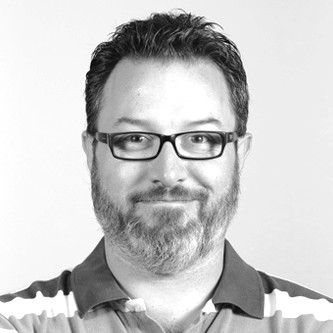
This week on The Data Stack Show, Eric and Kostas chat with Ioannis Foukarakis, Senior Data Engineer at Mattermost and recent winner of Rudderstack’s transformations challenge. During the episode, Ioannis discusses data engineering, ML, and the influence of software engineering on data. Topics also include stories from Ioannis and Kostas’ college days, how data and engineering have changed over the years, future developments and exciting opportunities in the space, and more.
Highlights from this week’s conversation include:
The Data Stack Show is a weekly podcast powered by RudderStack, the CDP for developers. Each week we’ll talk to data engineers, analysts, and data scientists about their experience around building and maintaining data infrastructure, delivering data and data products, and driving better outcomes across their businesses with data.
RudderStack helps businesses make the most out of their customer data while ensuring data privacy and security. To learn more about RudderStack visit rudderstack.com.

Each week we’ll talk to data engineers, analysts, and data scientists about their experience around building and maintaining data infrastructure, delivering data and data products, and driving better outcomes across their businesses with data.
To keep up to date with our future episodes, subscribe to our podcast on Apple, Spotify, Google, or the player of your choice.
Get a monthly newsletter from The Data Stack Show team with a TL;DR of the previous month’s shows, a sneak peak at upcoming episodes, and curated links from Eric, John, & show guests. Follow on our Substack below.